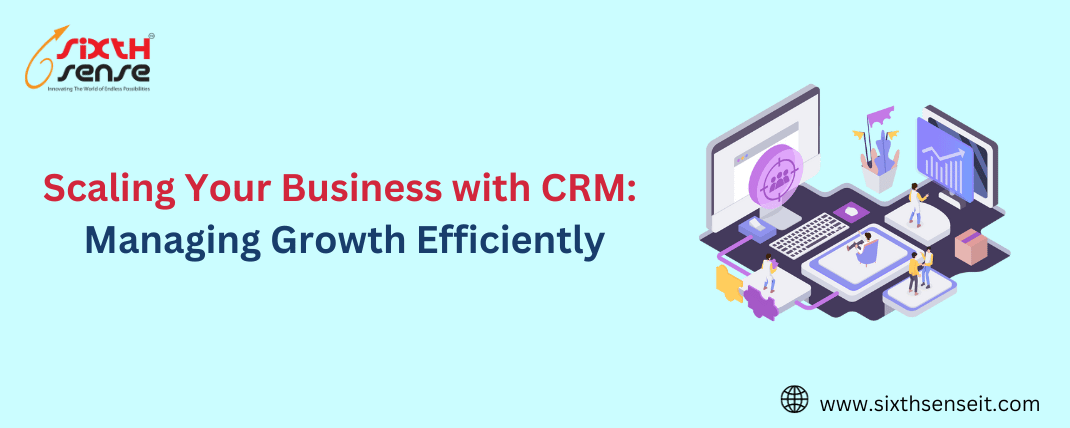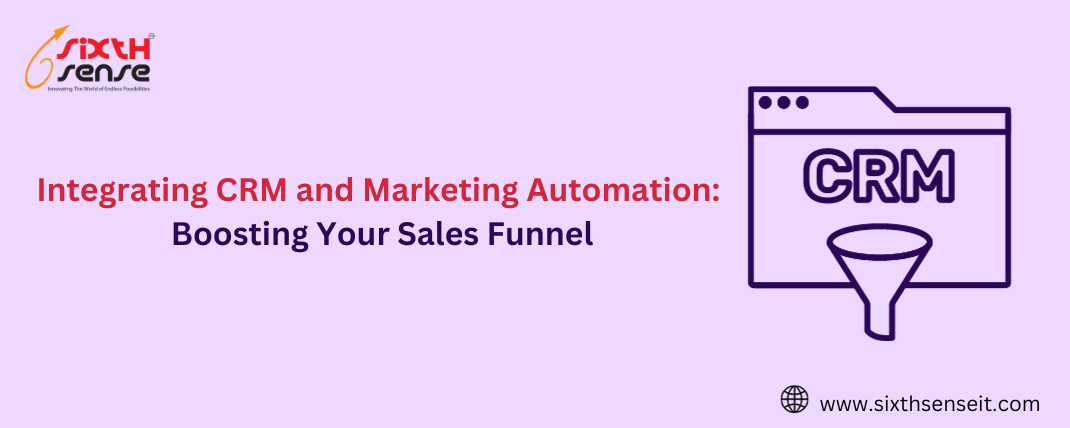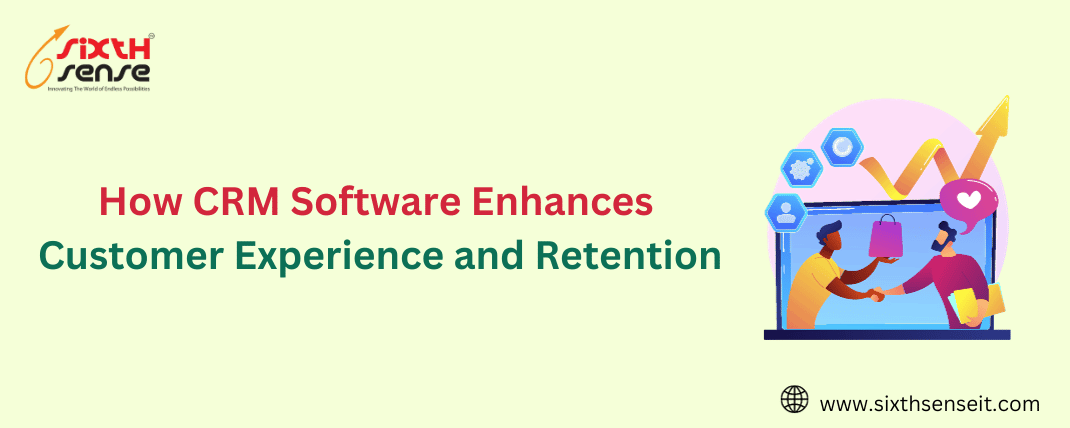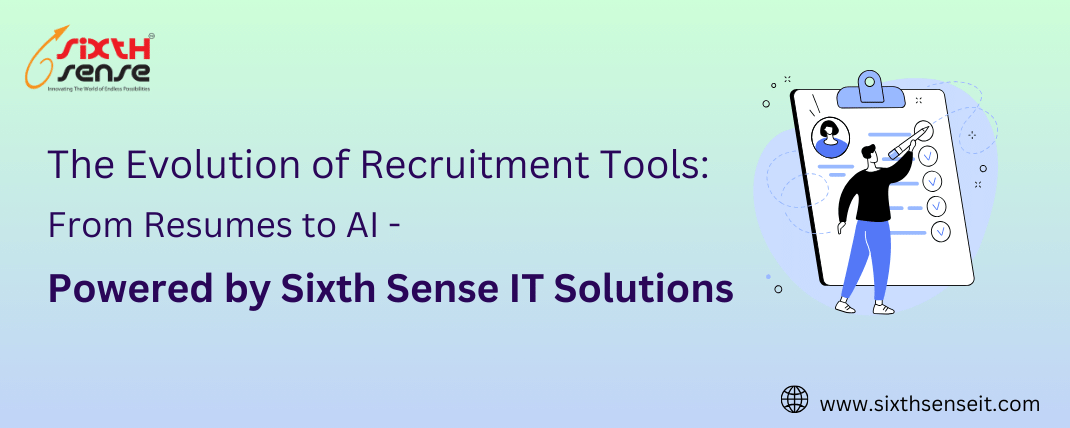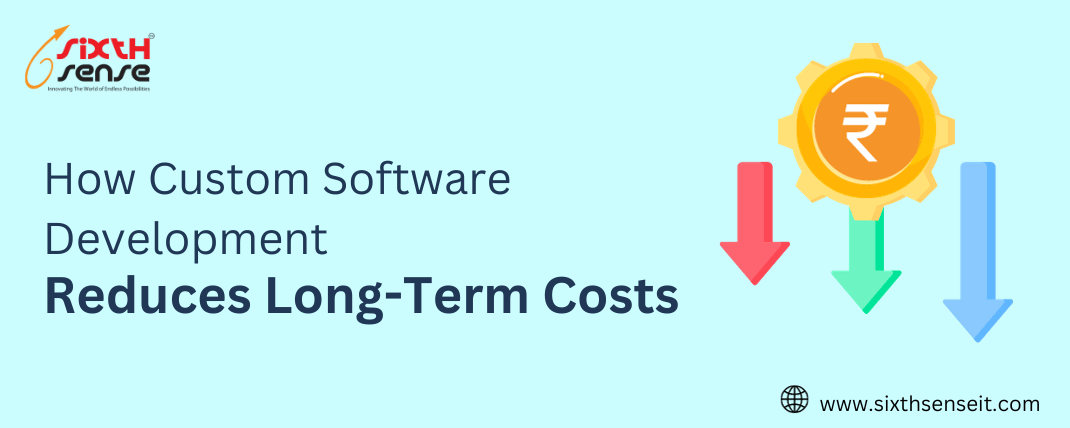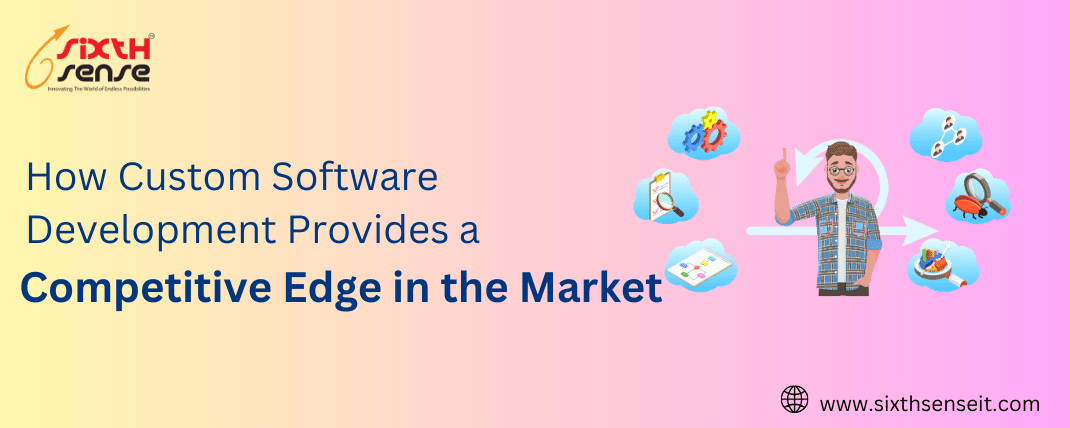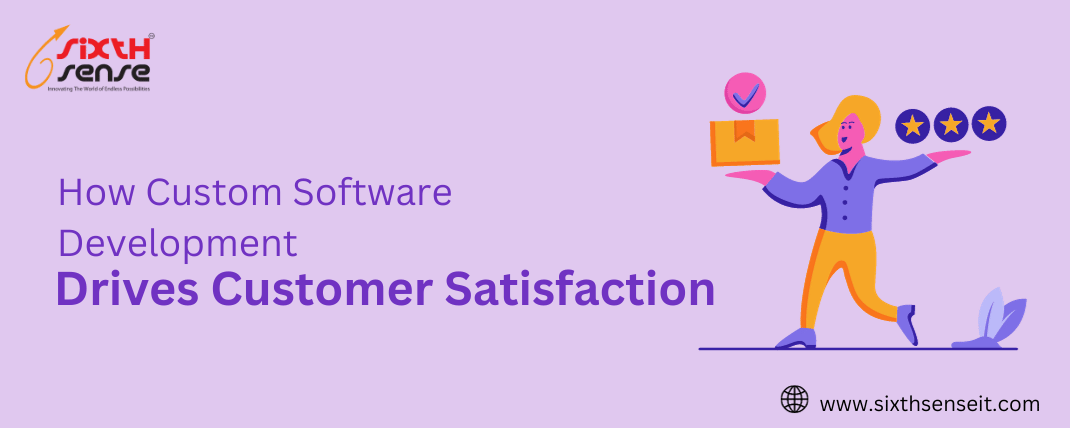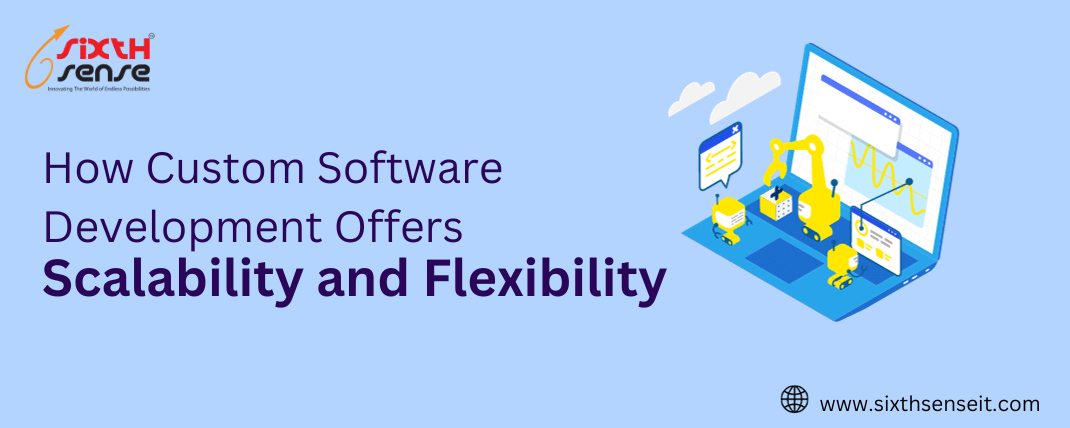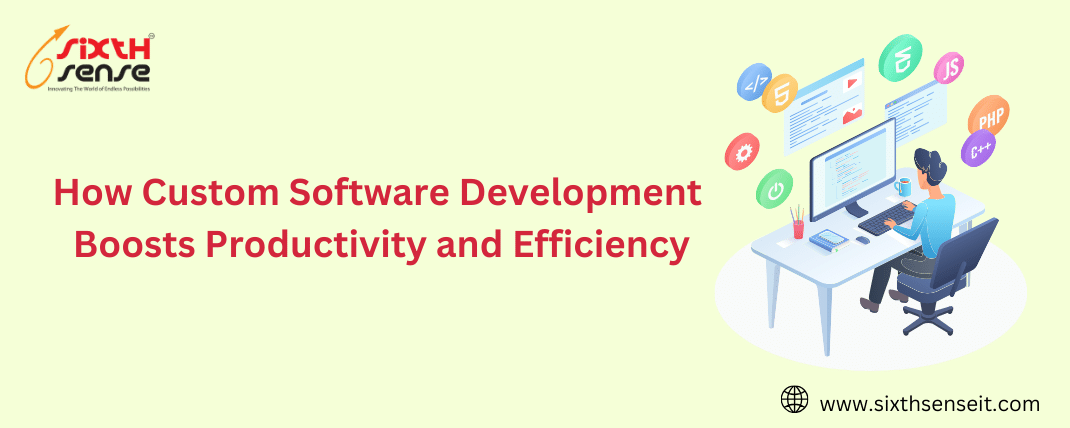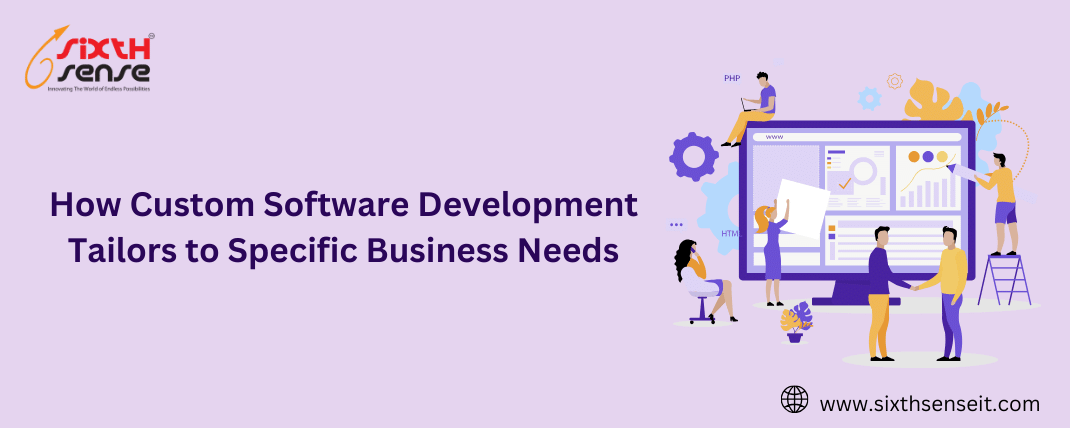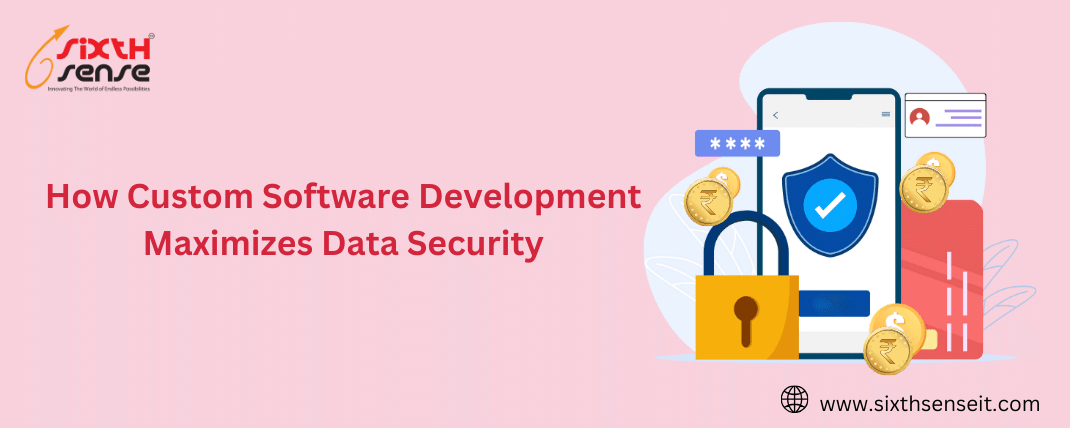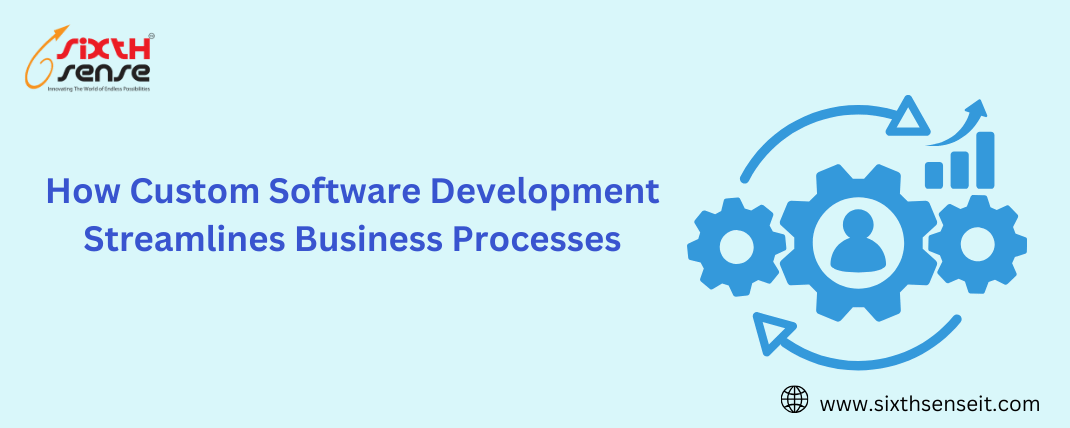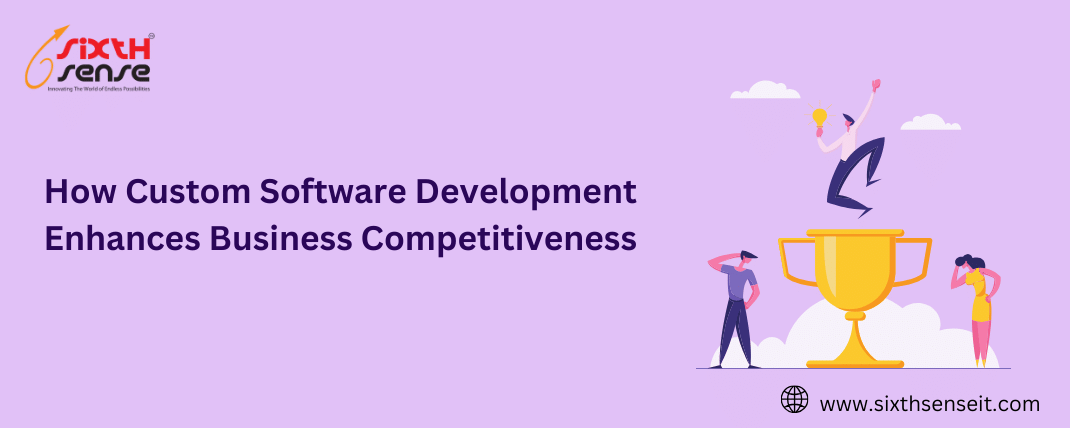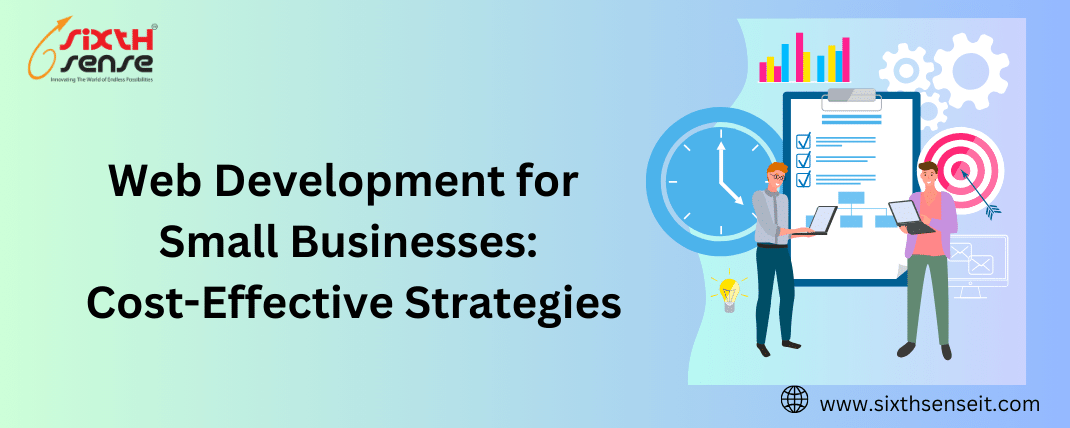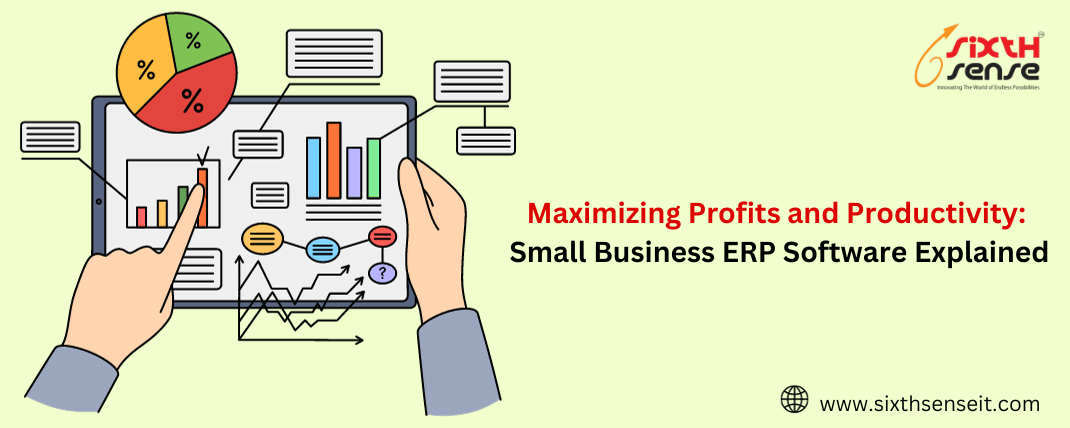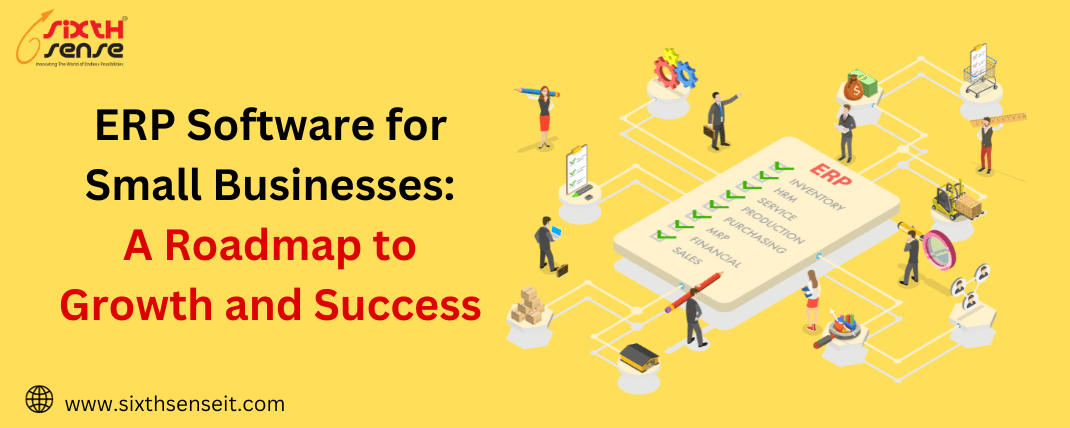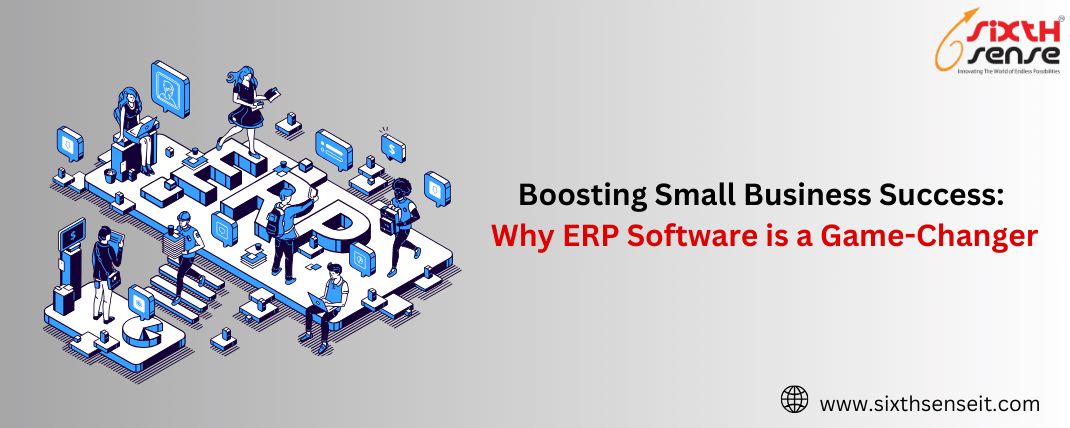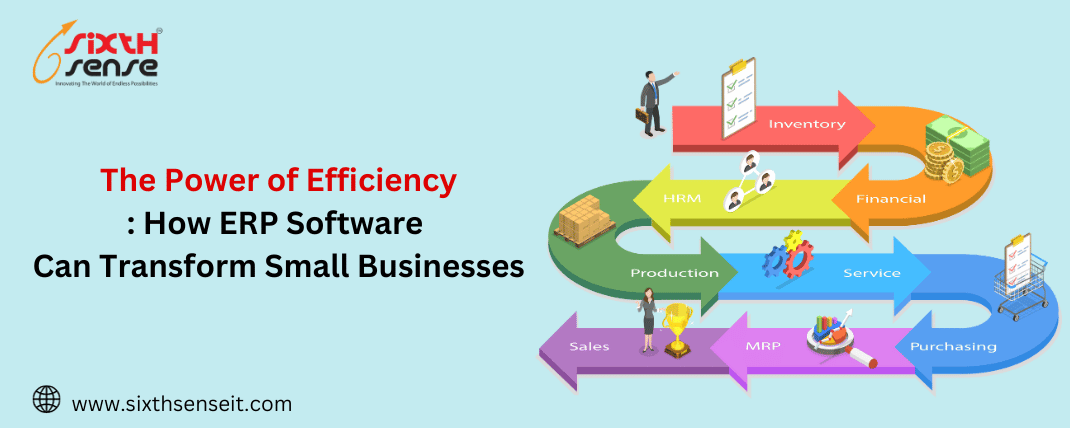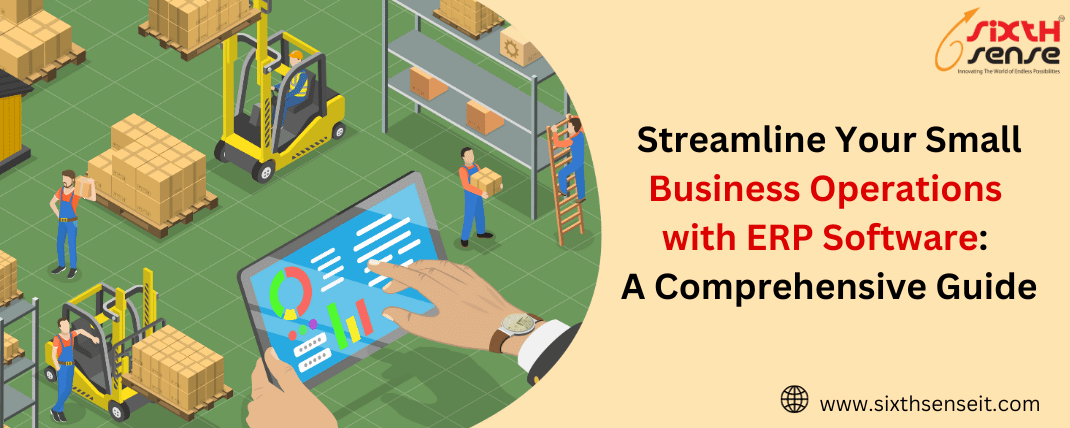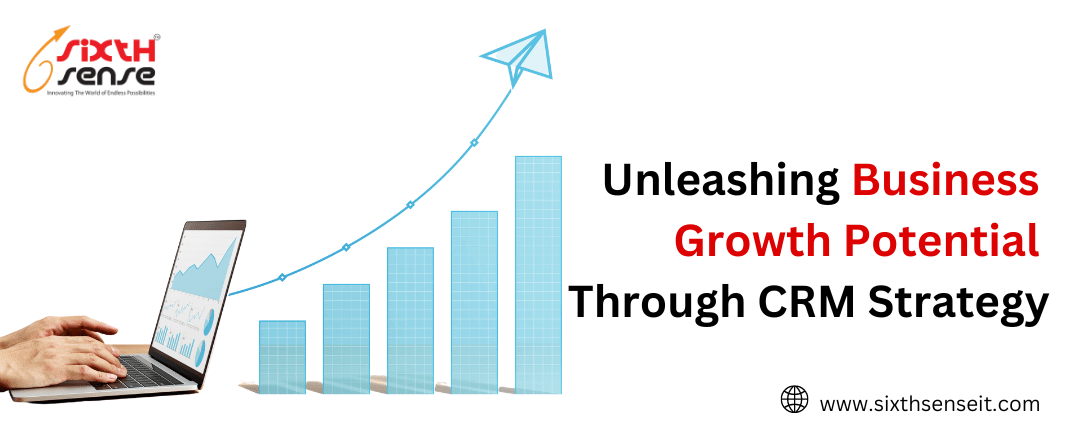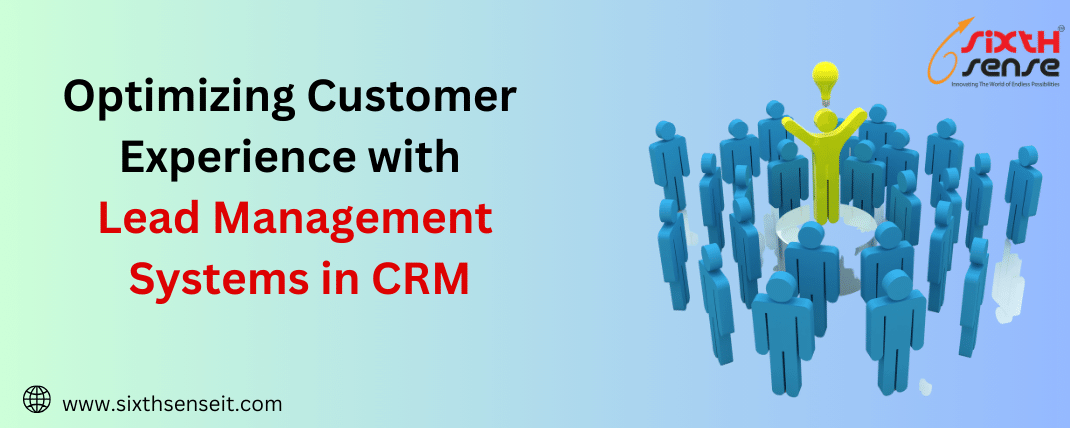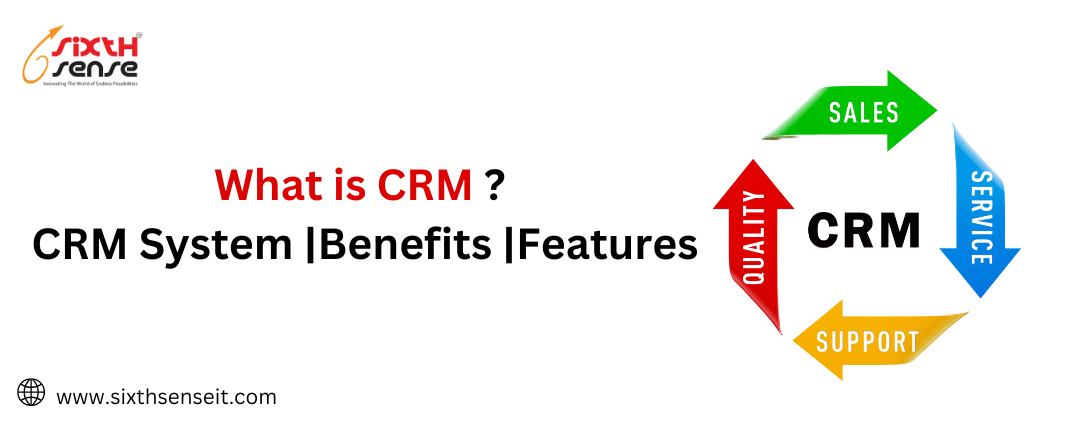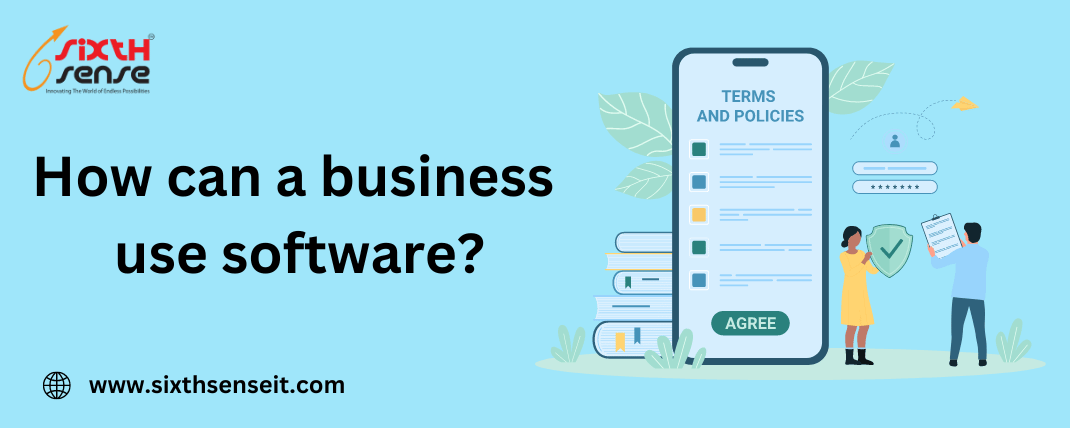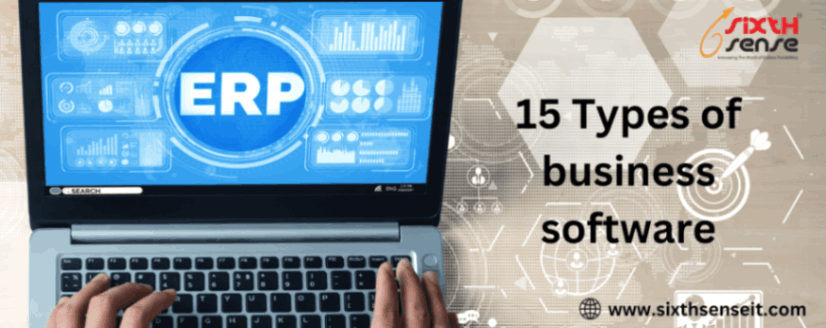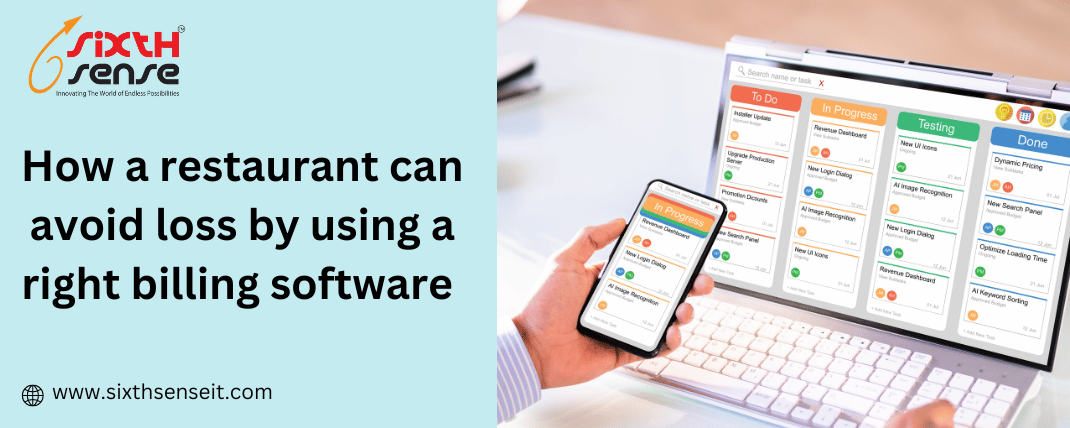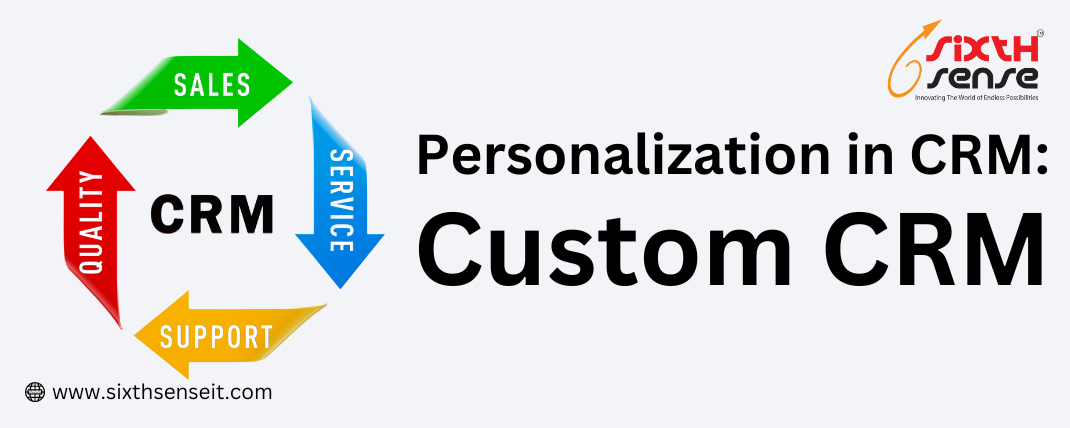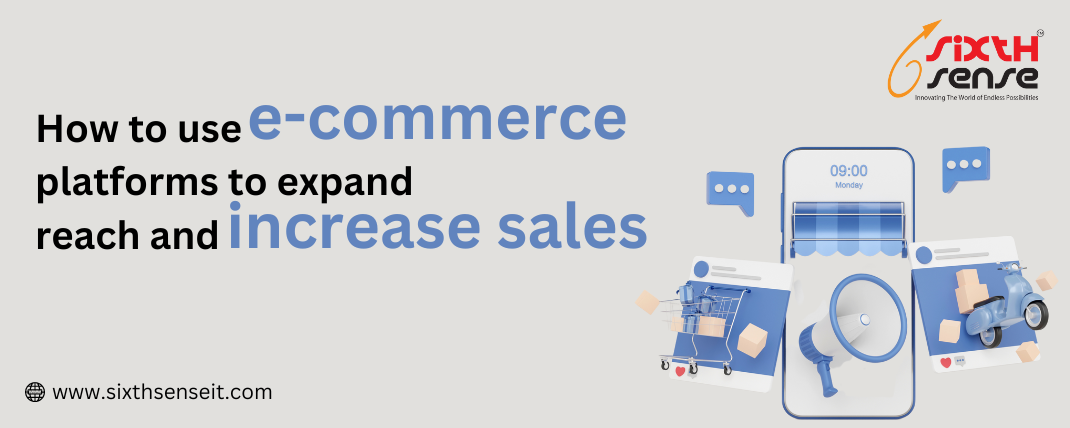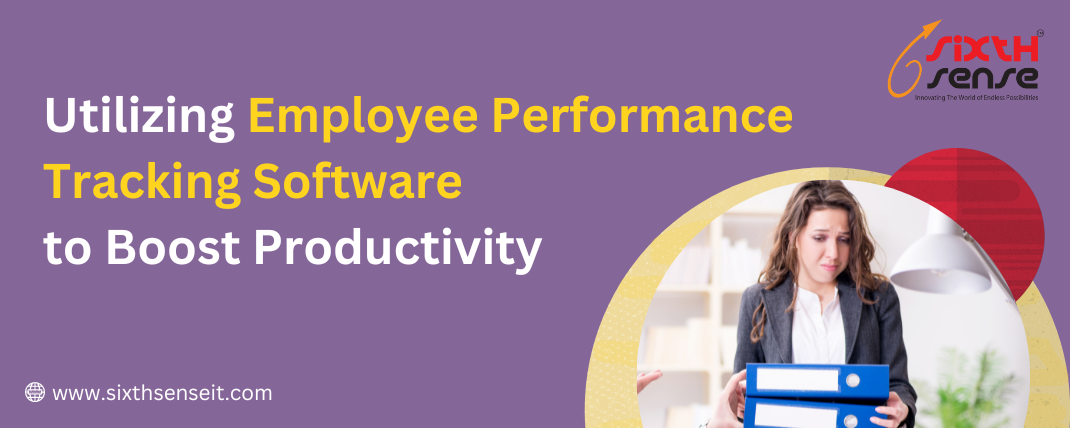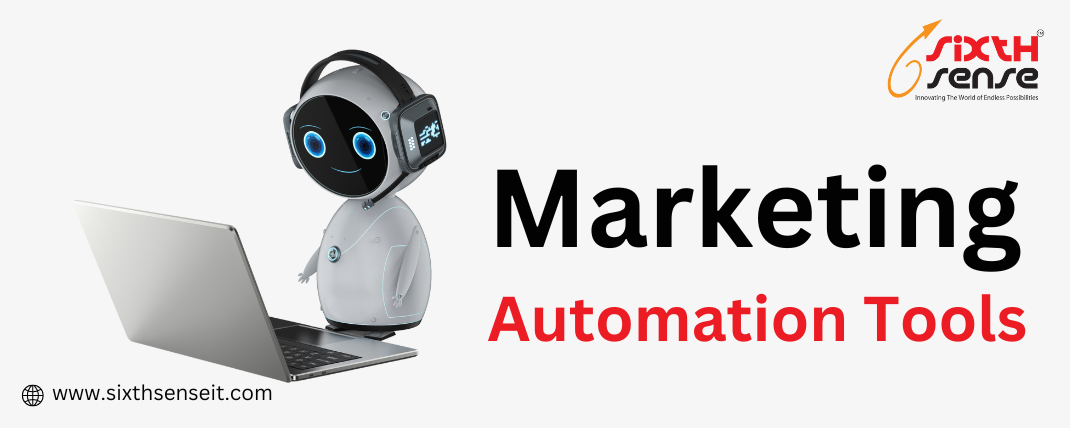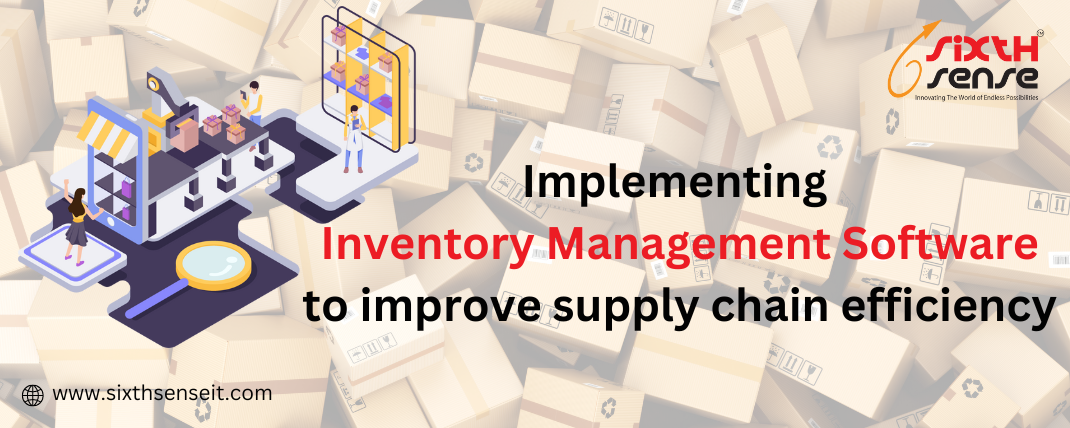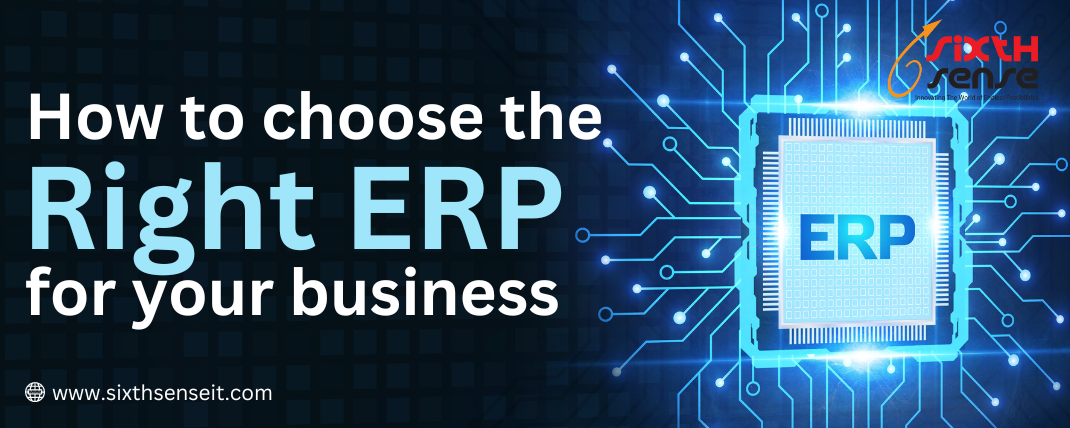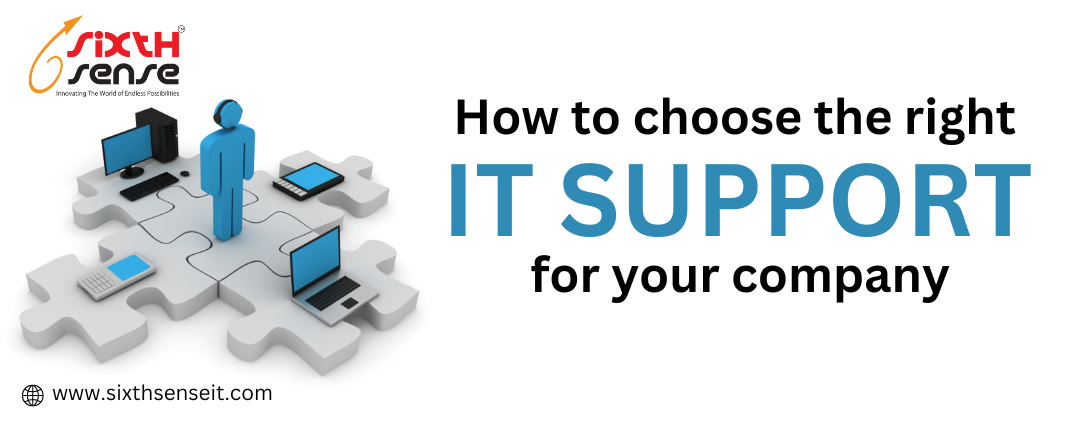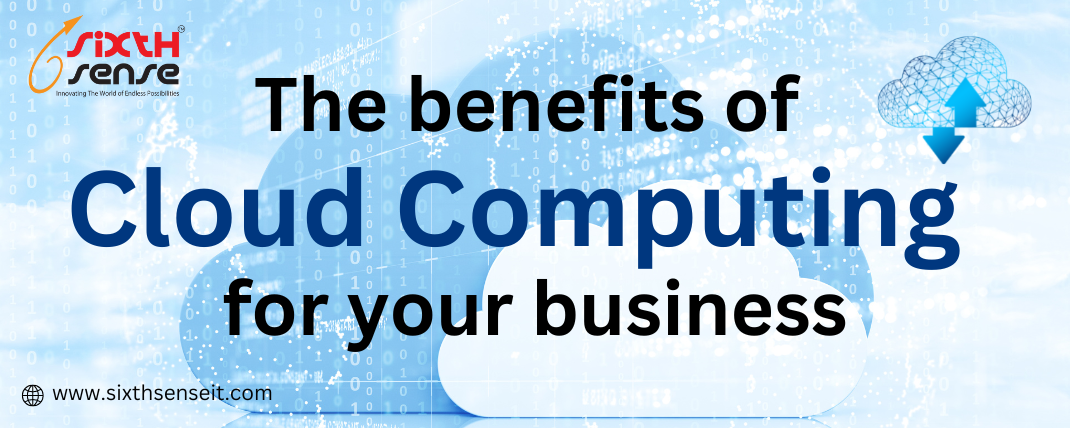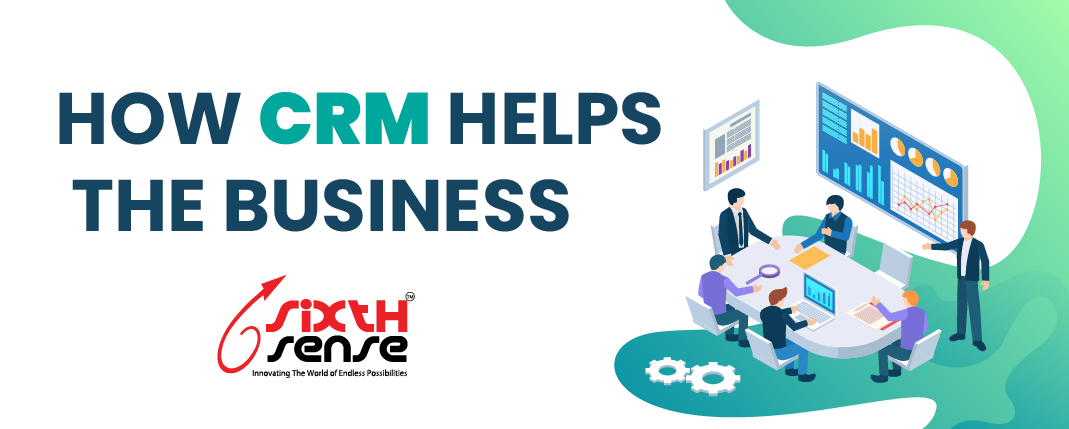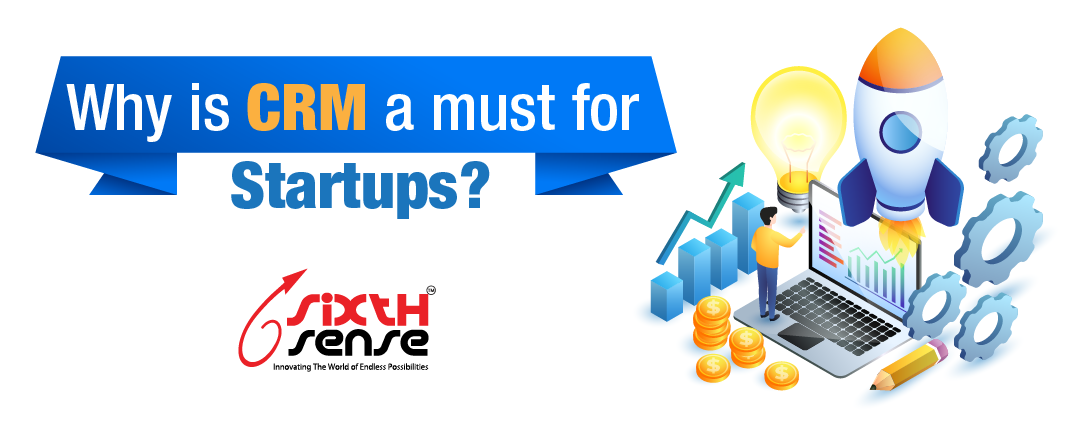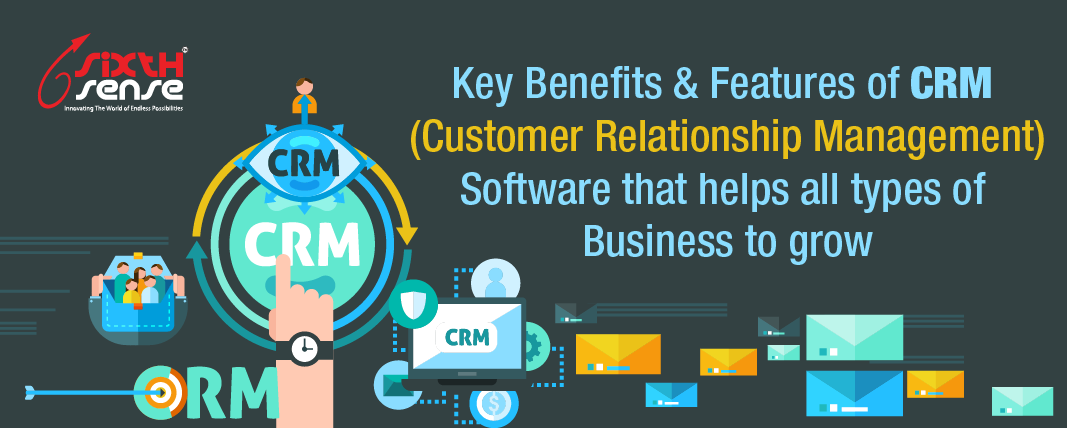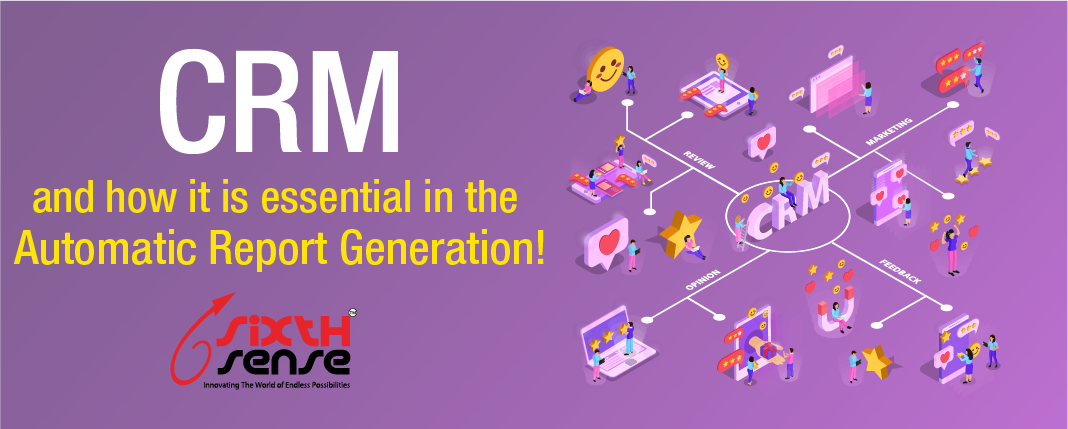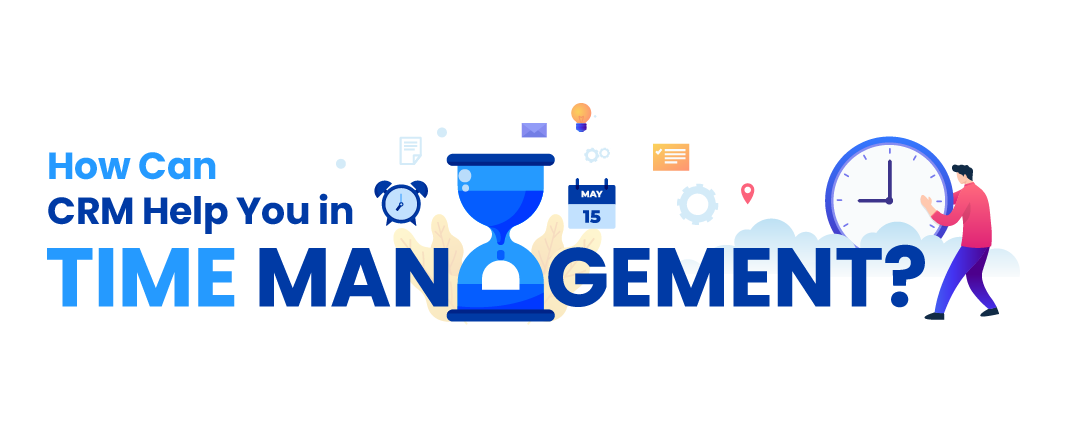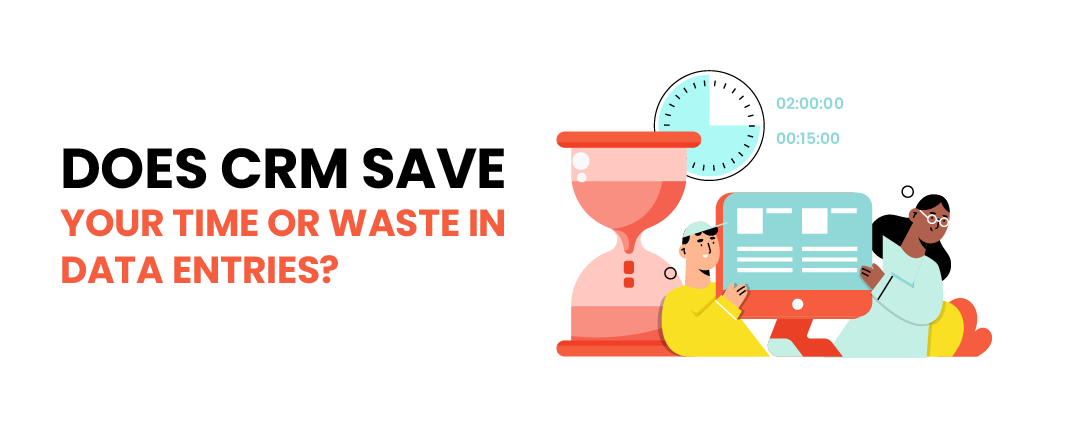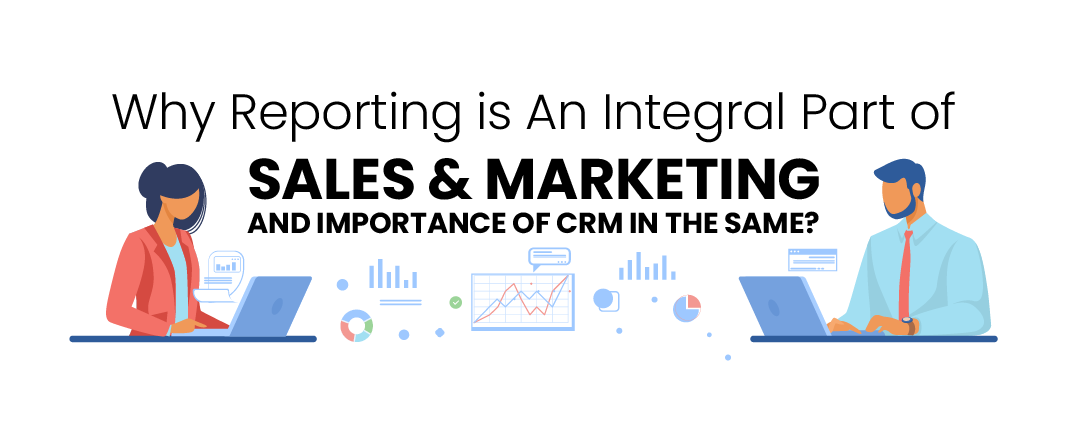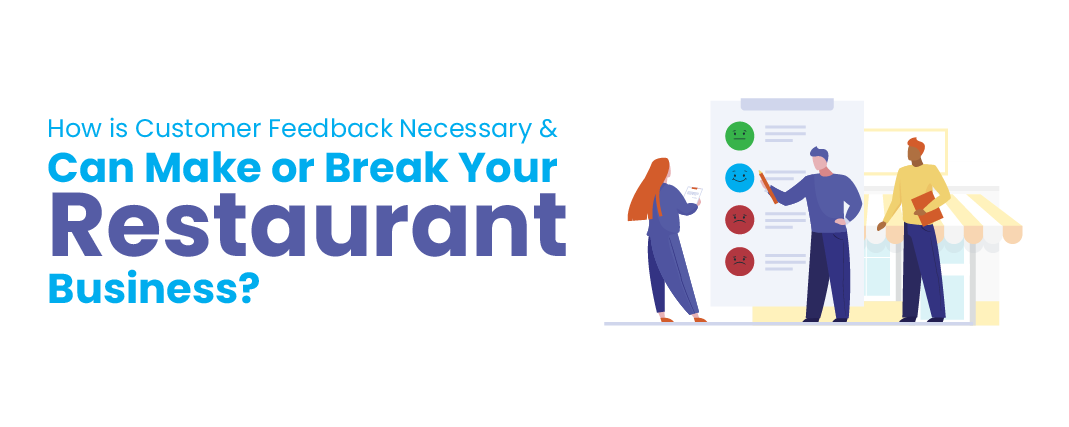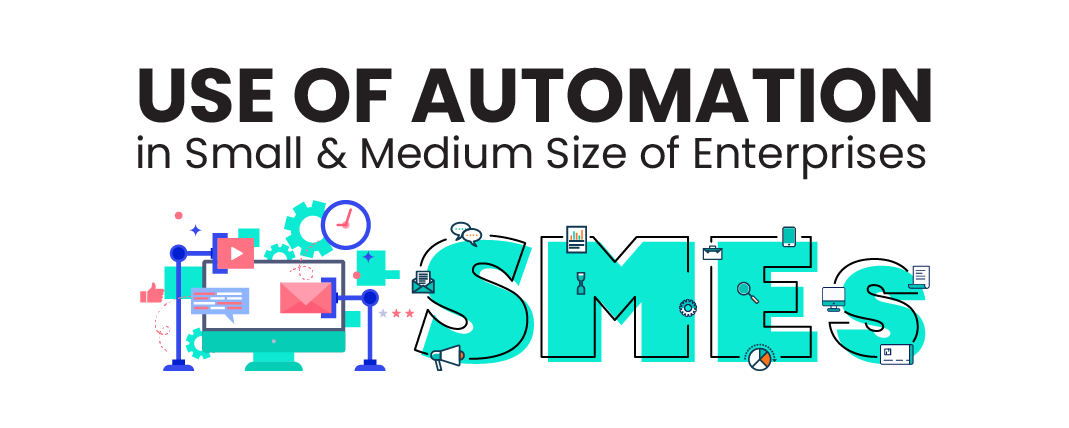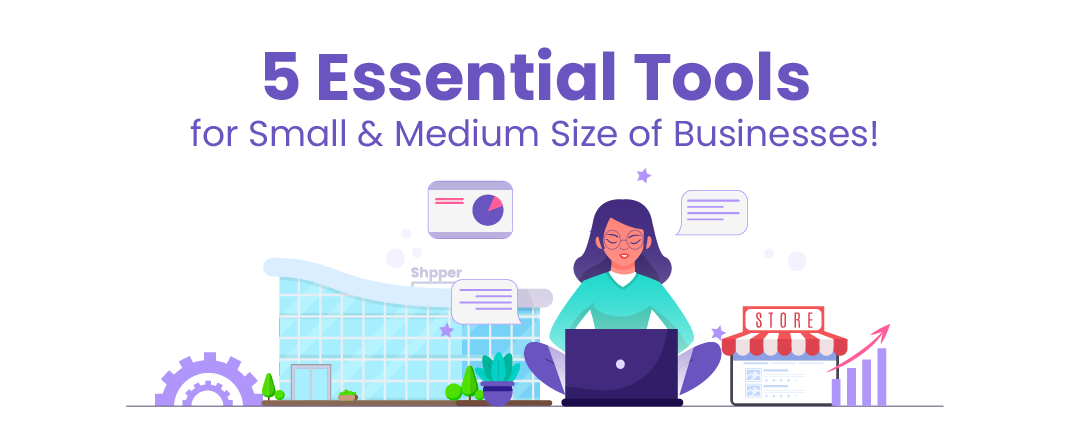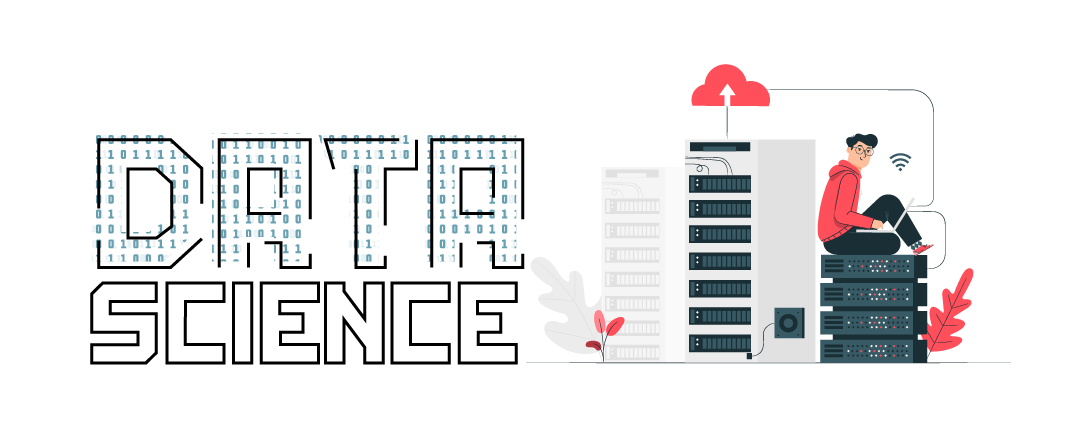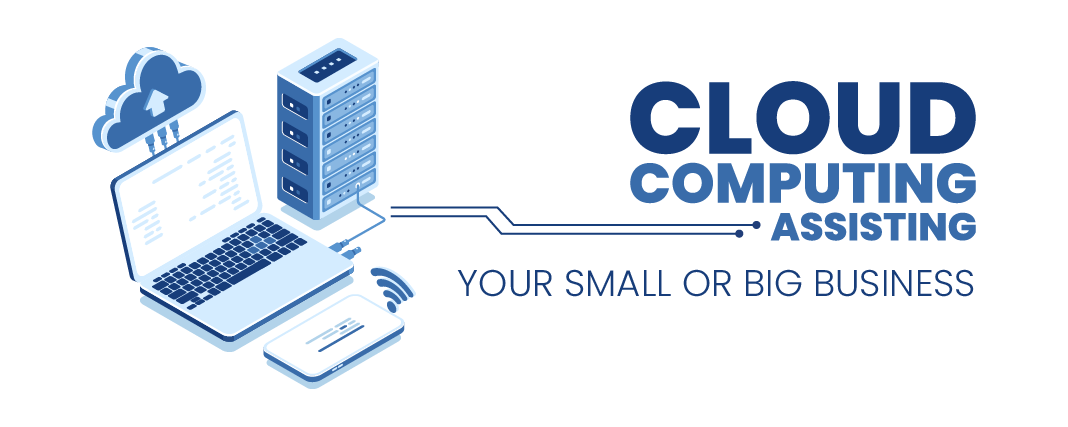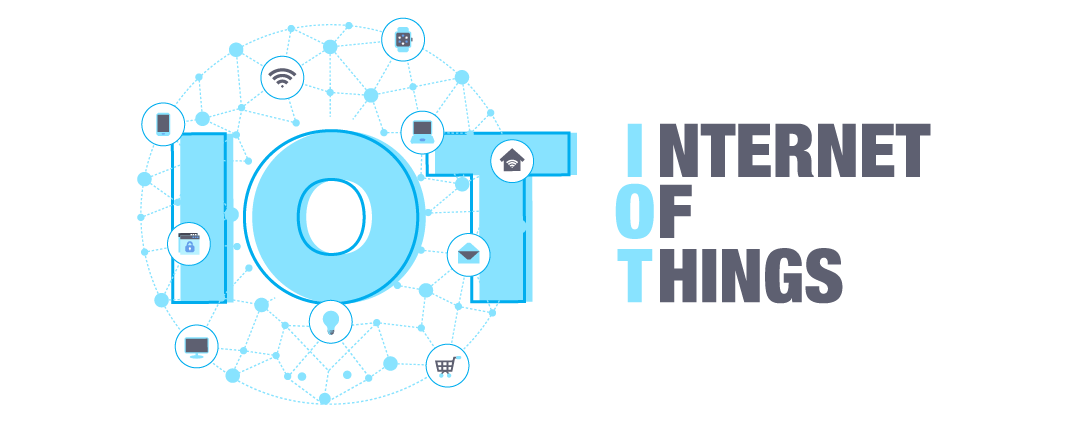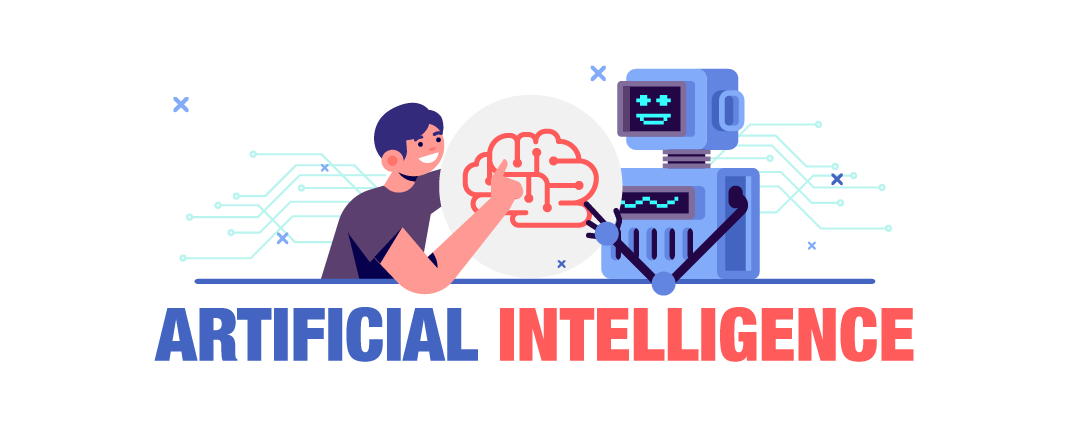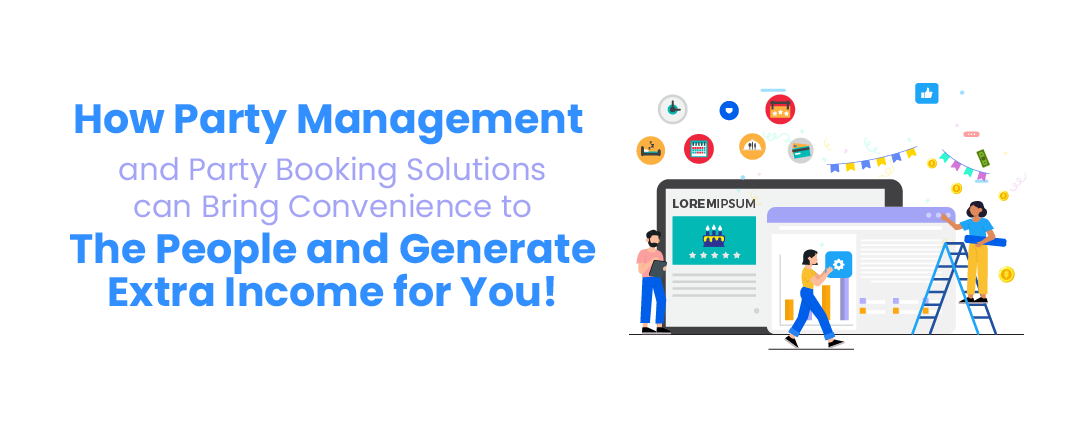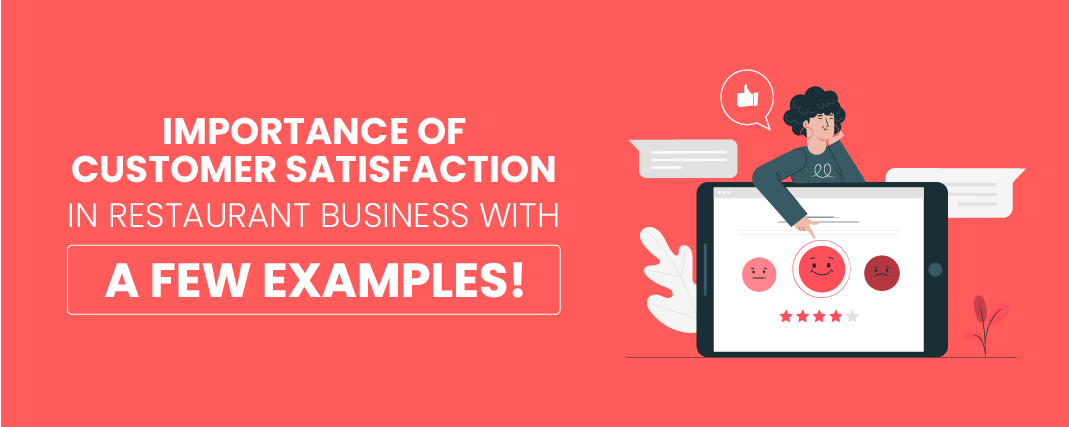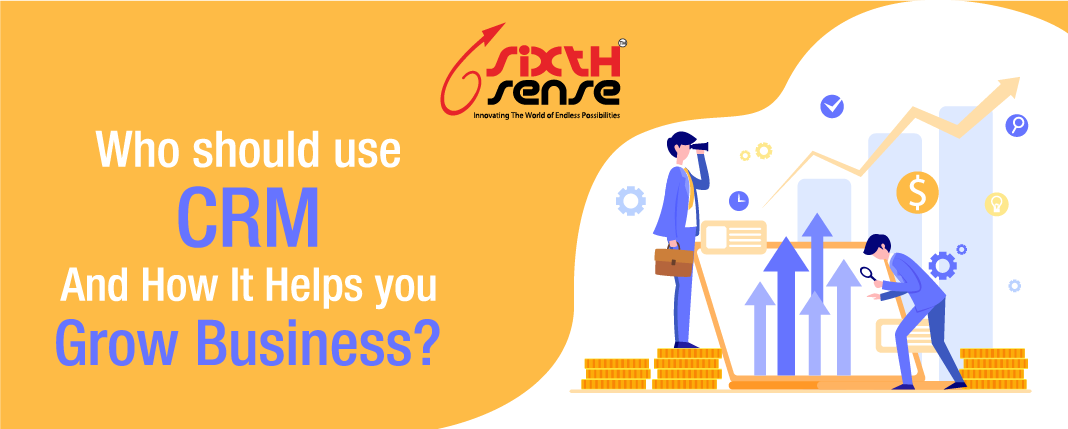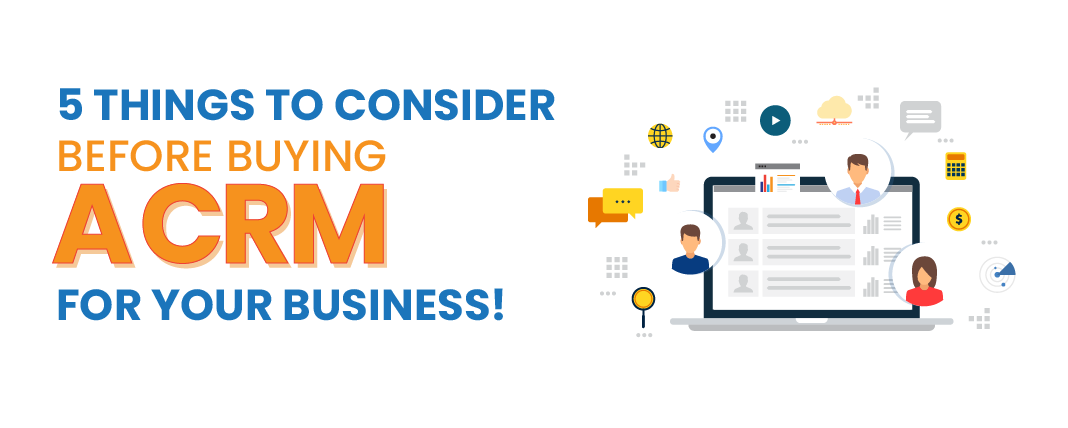
The difference between on-premise and cloud-based ERP

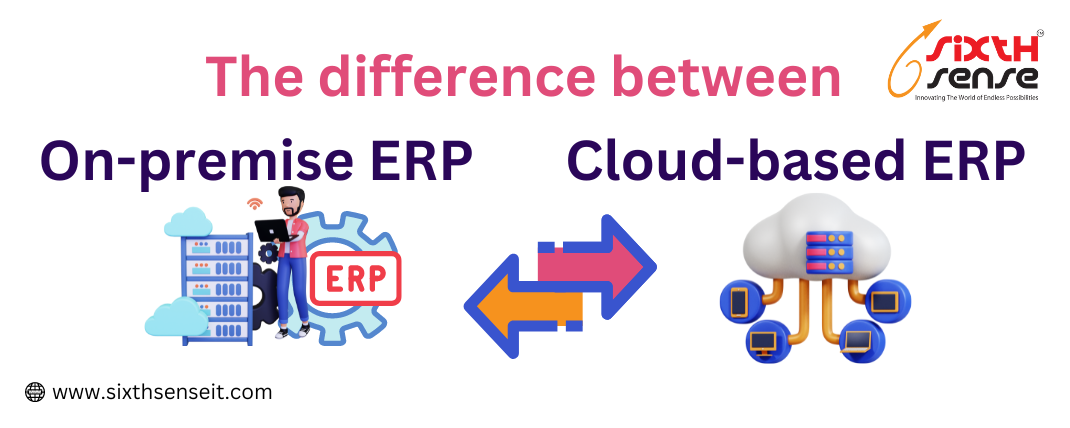
Enterprise Resource Planning (ERP) is a type of software that helps businesses manage and integrate all their core business processes, including financial management, supply chain management, human resources, and customer relationship management. The goal of ERP systems is to provide real-time, integrated information across all business functions and to automate many of the manual processes that were previously done manually.
ERP systems are designed to collect and manage data from various business activities, including sales, production, financials, and more. The data is then processed and used to produce reports and other information that can help businesses make informed decisions. ERP systems can help businesses reduce the time and resources required to manage their operations, improve the accuracy of their information, and increase the efficiency of their processes.
ERP systems are typically made up of a suite of software modules that can be customized to meet the specific needs of a business. Some common ERP modules include accounting, purchasing, inventory management, and sales. Many ERP systems also offer modules for project management, supply chain management, and human resources management.
One of the key benefits of ERP systems is that they provide a single source of truth for all business data. This means that all data is stored in a centralized database and is accessible from any location and by any authorized user. This helps businesses avoid data silos and the need for manual data reconciliation.
Another benefit of ERP systems is that they can help businesses improve the accuracy and timeliness of their data. For example, if a sales order is entered into the ERP system, the inventory management module will automatically update the inventory levels. This helps businesses avoid overstocking and stock shortages, which can result in lost sales and increased costs.
ERP systems also help businesses streamline their processes by automating manual tasks, reducing data entry errors, and improving the flow of information between different departments. For example, the financial management module can automatically generate invoices and financial statements, saving time and reducing the risk of errors.
In conclusion, ERP systems are a critical tool for businesses that want to manage their operations and resources more effectively. They provide a single source of truth for all business data, improve the accuracy and timeliness of information, and automate many of the manual tasks that were previously done manually. Whether a business is large or small, an ERP system can help it achieve its goals and remain competitive in today's fast-paced business environment.
On-premise ERP refers to an Enterprise Resource Planning system that is installed and run on the customer's own servers and infrastructure, rather than being hosted by a third-party provider in the cloud. In this setup, the customer is responsible for all hardware, software, and network maintenance, as well as backups and security.
On-premise ERP systems are typically purchased as a one-time fee and come with a license to use the software. They offer businesses more control over their data and systems, and the ability to customize the software to their specific needs.
However, on-premise ERP systems can be expensive to implement, as they require the customer to purchase and maintain the necessary hardware and software. They also require a dedicated IT staff to manage and maintain the system, which can be a significant expense for smaller businesses.
In summary, on-premise ERP is a traditional deployment model that gives businesses more control over their data and systems, but can be more expensive to implement and maintain. It is typically suited for larger organizations that have the resources and expertise to manage their own IT infrastructure.
Cloud-based ERP refers to an Enterprise Resource Planning system that is hosted and run by a third-party provider on remote servers over the internet. In this setup, the customer accesses the software over the internet, typically through a web browser, and the provider is responsible for all hardware, software, and network maintenance, as well as backups and security.
Cloud-based ERP systems are typically offered as a subscription service and do not require the customer to purchase and maintain their own hardware or software. This makes them more accessible and cost-effective for smaller businesses that may not have the resources to implement and maintain an on-premise ERP system.
One of the key benefits of cloud-based ERP is that it eliminates the need for businesses to invest in expensive hardware and software. The provider takes care of all the necessary upgrades and maintenance, which can help businesses avoid the costs and hassle of managing their own IT infrastructure.
Another benefit of cloud-based ERP is that it allows businesses to scale up or down their usage as needed, without having to make any significant capital investments. This can be especially beneficial for businesses that experience fluctuations in demand, as they can easily adjust their usage to meet their needs.
In summary, cloud-based ERP is a modern deployment model that offers businesses a more accessible and cost-effective way to implement ERP software. It is typically suited for smaller organizations that may not have the resources to manage their own IT infrastructure and need a more flexible and scalable solution.
Businesses use ERP (Enterprise Resource Planning) systems for several reasons, including:
ERP systems provide a single source of truth for all business data, which helps improve the accuracy and timeliness of information. This can lead to better decision-making and help businesses avoid costly mistakes.
ERP systems automate many manual processes and improve the flow of information between different departments. This can help businesses reduce errors, save time, and increase efficiency.
ERP systems provide real-time, integrated information across all business functions. This gives businesses a better understanding of their operations and allows them to identify areas for improvement.
ERP systems can help businesses reduce costs by eliminating the need for manual data entry, reducing the risk of errors, and improving the efficiency of their processes.
ERP systems can help businesses manage their customer relationships more effectively by providing a centralized view of customer information, order history, and customer interactions.
ERP systems can help businesses manage their supply chain more effectively by providing real-time visibility into inventory levels, order history, and shipping information.
ERP systems can help businesses manage their finances more effectively by automating financial processes, improving the accuracy of financial data, and providing real-time financial reports.
In conclusion, ERP systems are a critical tool for businesses that want to manage their operations and resources more effectively. They provide a single source of truth for all business data, automate many manual processes, and provide real-time, integrated information across all business functions. Whether a business is large or small, an ERP system can help it achieve its goals and remain competitive in today's fast-paced business environment.
ERP (Enterprise Resource Planning) systems can help businesses grow in several ways, including:
ERP systems provide a single source of truth for all business data, which helps improve the accuracy and timeliness of information. This can lead to better decision-making and help businesses avoid costly mistakes.
ERP systems automate many manual processes and improve the flow of information between different departments. This can help businesses reduce errors, save time, and increase efficiency, freeing up resources to focus on growth initiatives.
ERP systems provide real-time, integrated information across all business functions, giving businesses a better understanding of their operations and allowing them to identify areas for improvement.
ERP systems can help businesses reduce costs by eliminating the need for manual data entry, reducing the risk of errors, and improving the efficiency of their processes. This can help businesses reinvest savings into growth initiatives.
ERP systems can help businesses manage their customer relationships more effectively by providing a centralized view of customer information, order history, and customer interactions. This can help businesses retain existing customers and attract new ones, driving revenue growth.
ERP systems can help businesses manage their supply chain more effectively by providing real-time visibility into inventory levels, order history, and shipping information. This can help businesses improve their responsiveness to customer demands and reduce their inventory carrying costs, freeing up resources for growth initiatives.
ERP systems can help businesses manage their finances more effectively by automating financial processes, improving the accuracy of financial data, and providing real-time financial reports. This can help businesses make informed decisions about their financial future and plan for growth.
In conclusion, ERP systems are a critical tool for businesses that want to grow and remain competitive in today's fast-paced business environment. By improving data accuracy, streamlining processes, increasing visibility, and reducing costs, ERP systems can help businesses focus on their growth initiatives and achieve their goals.
Enterprise Resource Planning (ERP) systems are critical for businesses to manage their operations and resources effectively. The two main deployment options for ERP systems are on-premise and cloud-based. The decision between these two options can significantly impact a business's operations, resources, and technology landscape.
On-premise ERP systems are installed and run on the company's own servers and infrastructure. The company is responsible for the maintenance, upgrades, and security of the ERP system. On-premise ERP systems offer businesses complete control over their data, as well as customization capabilities that allow businesses to tailor the ERP system to their specific needs.
One of the main advantages of on-premise ERP is the level of control and ownership over the system. With on-premise ERP, businesses have complete control over their data, security, and the ability to customize the system to their specific needs. This is particularly useful for businesses that have unique requirements that cannot be met by standard ERP solutions.
Another advantage of on-premise ERP is the predictability of costs. The upfront costs for on-premise ERP can be substantial, but once the system is installed and configured, the costs for maintenance and upgrades are predictable and can be managed effectively.
On the downside, on-premise ERP systems require significant investment in hardware, software, and personnel to manage and maintain the system. The company must also allocate resources to manage the ERP system, which can be a significant burden on the IT department. Additionally, the costs for upgrades and maintenance can be substantial, which can impact the company's budget and resources.
Cloud-based ERP systems are hosted and managed by a third-party service provider, and users access the ERP system over the internet. Cloud-based ERP solutions offer businesses the flexibility to scale up or down their ERP system as needed, and the service provider is responsible for the maintenance, upgrades, and security of the system.
One of the main advantages of cloud-based ERP is the reduced cost of ownership compared to on-premise ERP. With cloud-based ERP, businesses do not need to invest in hardware, software, or personnel to manage and maintain the system, and the costs for upgrades and maintenance are included in the subscription fee.
Another advantage of cloud-based ERP is the scalability of the system. Businesses can easily scale up or down their ERP system as their needs change, without the need to invest in additional hardware or personnel. This makes it easy for businesses to adapt to changes in the market and adjust their ERP system to meet their evolving needs.
On the downside, cloud-based ERP systems have less control over the system, as the service provider is responsible for the security and maintenance of the system. Additionally, businesses may have limited customization capabilities with cloud-based ERP, as the system is designed to meet the needs of a broad range of customers.
Conclusion
The decision between on-premise and cloud-based ERP will depend on a company's specific needs, resources, and budget. On-premise ERP systems offer businesses complete control and ownership over the system, but require a significant investment in hardware, software, and personnel. Cloud-based ERP systems are more cost-effective and offer greater flexibility, but have less control over the system and limited customization capabilities.
Ultimately, the choice between on-premise and cloud-based ERP will depend on the company's specific requirements and budget. Companies should carefully


